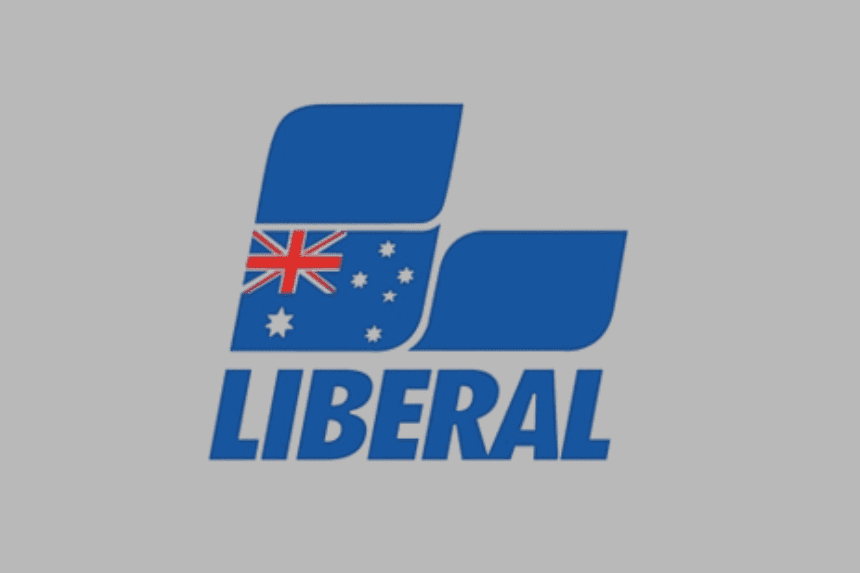The disintegration of the Liberal-National alliance represents a turning point in Australian politics. Officially, the alliance between the Liberal Party and the National Party has broken up after almost eighty years of cooperation as the major conservative force of the country. Labor won a second term in a landslide, hence this division corresponds with a major federal election loss.
Just weeks following the election, David Littleproud, the National Party leader, announced that He claimed that the break resulted from policy differences and a need to more fairly represent their voters.
Emphasizing the need for introspection and independence, Littleproud remarked, “This is time apart for us to be better and focus on the people.”
The action is not merely symbolic; it will affect the way opposition politics runs in the nation. The Liberals are formally the opposition party as the Nationals are pulling back from the Coalition. The Nationals will run as a different entity, free from opposition responsibilities.
Why did the coalition end after eighty years?
Although the separation seemed abrupt, years of internal strife had been building. The core of the disagreement was differences on regional investment, energy strategy, and climate policy. As these disputes grew more severe, especially with the election results displaying a clear change in public mood, the Liberal-National partnership disintegrated unavoidably.
Long supporters of nuclear energy, the Nationals have been less enthusiastic about setting net-zero emissions targets. This posture ran counter to the Liberals’ appeal to urban, environmentally concerned voters and modernizing effort. Furthermore, infuriating the Nationals were what they saw as inadequate pledges to reform supermarket competitiveness and regional infrastructure.
Recent years have seen a widening ideological divide. Whereas the Liberals battled to appeal to a large and varied national audience, the Nationals believed their rural base was being overlooked. Read another article on Australia Energy Transition: Coal, Nuclear & Renewables.
How will the split influence the opposition?
The foundation of Australia’s political opposition has shifted drastically with the split of the Liberal-National alliance. The Liberal Party today is the only official opposition; the Nationals will sit on the crossbench.
This lessens the coalition’s united front against Labor regimes, which has always been somewhat poor. It could make it more challenging to respond strongly and holistically to government policies. Conversely, both sides now have the opportunity to directly address their particular constituency without compromise and polish their message.
The newly appointed Liberal Party leader, Sussan Ley, admitted the letdown but kept a polite attitude.
We value David Littleproud and his staff. But we are dismayed that the National Party decided to break away from the Coalition,” Ley said in a statement.
She pointed out that the Coalition’s success always derived from “shared values,” but she also acknowledged that the Nationals now demanded assurances on certain programs the Liberals couldn’t promise.
What were the main questions guiding the choice?
A number of policy issues directly led to the Liberal-National alliance dissension. About energy and climate, the Nationals still have doubts about quick changes in policy and support nuclear energy—a suggestion that did not appeal to many people during the election. The Liberals, meantime, clearly divided the parties by trying to reconcile environmental issues with economic growth.
The Nationals also thought that regional infrastructure financing fell short. They insisted on more definite pledges to initiatives directly benefiting their rural constituents. Their dissatisfaction intensified since they felt the Coalition’s larger agenda gave these problems inadequate priority.
A further issue was economic competition. Littleproud’s group fought for more aggressive action against supermarket monopolies to guarantee fair pricing for rural suppliers. But these ideas did not get traction during the cooperative Coalition talks, therefore stressing the partnership even further.
These problems mirror a more general mismatch in vision and priorities, particularly following the election, when both sides tried to rethink their futures.
Is the Coalition rebuildable?
While the split is official, it might not be permanent. Littleproud took great care not to lock the door on the upcoming collaboration. He hoped the parties would work through things over time and come to a fresh accord before the next federal election.
Littleproud added, “I committed myself to Sussan Ley to rebuild this relationship every day.”
This is not the first Liberal-National coalition disintegration historically. The alliance was finally rebuilt after the last major break in 1987. But changed political dynamics, shifting voter expectations, and ideological differences could complicate reunion this time.
Should reconciliation fail, the Nationals intend to challenge the following election on their own. That might alter conventional voting trends, particularly in rural areas where the parties usually do not compete against one another.
What Does This Mean for Voters?
The split of the Liberal-National coalition presents a clearer difference between two once closely connected parties for Australian voters. Voters will thereby be able to assess any party depending on its own programs and principles.
Urban and moderate voters who dropped the Liberals in the past election should appreciate Sussan Ley’s fresh, more centrist stance. Rural Australians, meanwhile, would react favourably to a more targeted Nationals program that guarantees to give their particular needs top priority.
Australia’s political conversation gains more diversity from this fresh dynamic. It also makes every party more open, responsive, and responsible about its policy orientation.
In what ways are the parties adjusting to the change?
Both sides are beginning a phase of introspection and strategic planning. Seeking to appeal to mainstream voters, Ley has promised to move the Liberal Party nearer the center-right.
Under Littleproud’s direction, the Nationals are redoubling their dedication to rural Australia. Their message will probably focus on decentralization, food security, and regional development.
Both sides will find their key in avoiding internal strife and offering strong, cogent substitutes for Labor. Their success, whether apart or finally together again, will rely on their response to Australian requirements.
Last Thoughts
The split of the Liberal-National coalition symbolizes the end of one era but also the beginning of another in Australian politics. The split offers chances for renewal, reinventions, and closer interaction with voters, even if it carries hazards.
For decades the Coalition was a potent political tool. Each party now has to separately demonstrate its worth and significance. Their choices over the next months will not only define their careers but also the whole direction of Australian opposition politics.








